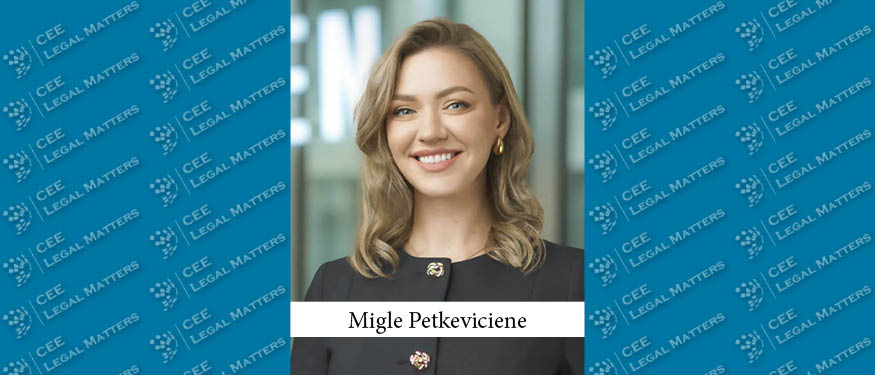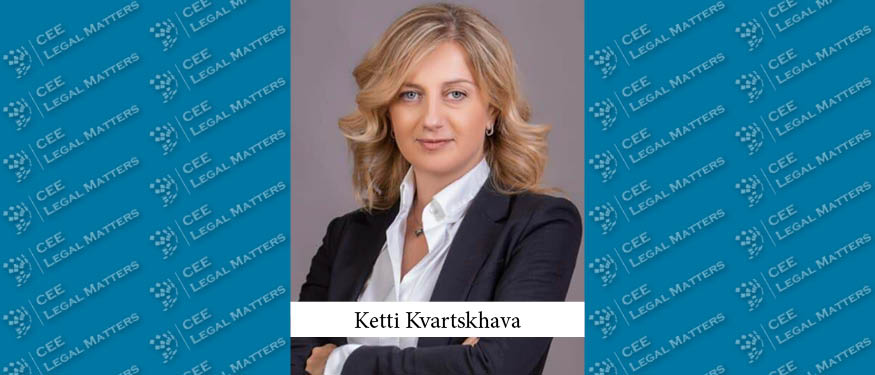A new draft regulation was put to public consultation until 27 September 2024 that could bring significant changes to the operation of district heating systems in Hungary. The aim of the regulation is to increase the use of renewable energy sources such as geothermal and biomass in district heating, thus reducing dependence on natural gas and costs.
The changes contained in the draft regulation submitted for public consultation will mainly affect public and municipal institutions such as schools and hospitals. These operators are subject to a district heating supplier's cost price from October 2022. The increase in gas prices during the energy crisis was reflected in district heating production, since two-thirds of the district heating portfolio contains natural gas, which has led to a significant increase in institutional heat tariffs. Renewable energy sources, such as biomass and geothermal energy, are playing an increasing role in district heating production. An important benefit of their use is that prices remain more stable and less volatile than for natural gas.
Another main objective of the new regulation was to encourage an increase in the share of renewable energy in district heating production, followed by specific development tenders. The European Commission has approved a €95 billion investment and development support plan for the Ministry of Energy to build new renewable district heating technologies and further improve the energy efficiency of existing systems. The tenders are expected to be launched by the end of the year for district heating companies and district heating producers.
In addition to the above, there are also plans to increase the profit margins of district heating companies in order to successfully draw down the tenders. Currently, the regulation only allows a profit margin of 2%, which makes it difficult to carry out investments, especially when obtaining bank financing. The profit rate is to be increased for new investments after 2025, helping to make more renewable and energy-efficiency investments possible.
The aim is to double the share of geothermal in district heating production by 2030, which could replace hundreds of millions of cubic metres of natural gas, reducing the country's energy dependence and costs. An important element of this is the change in government regulation at the end of 2022, making it much simpler to obtain a permit. Previously, separate water and other permits were required, but now a "one-stop-shop" system has been introduced, simplifying the process.
By Rozsa Rusvai-Darazs, Attorney at law, KCG Partners Law Firm













